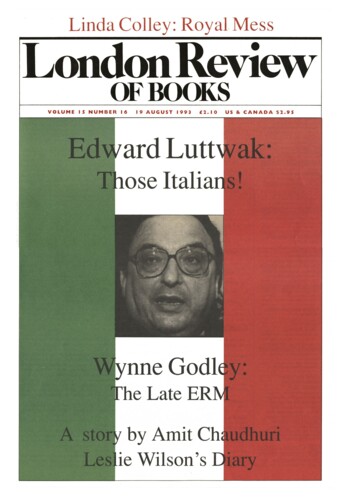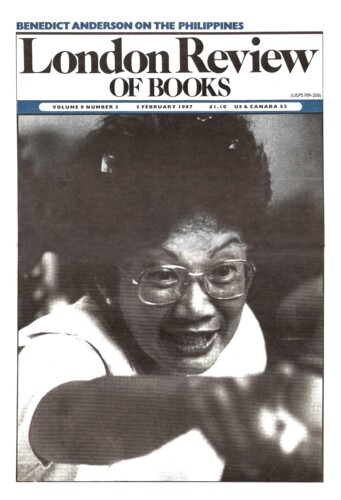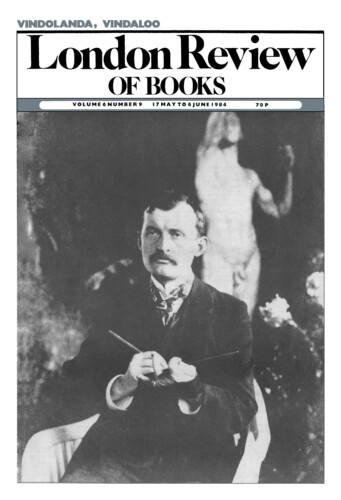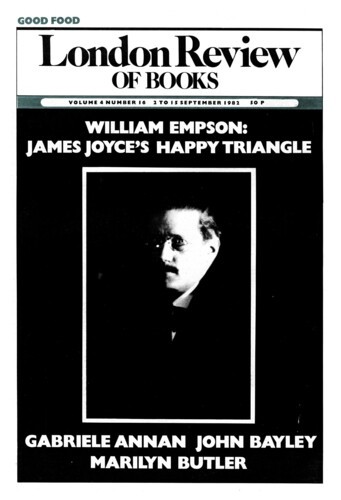Facing both ways
Hugh Lloyd-Jones, 19 August 1993
The Italian original of Bisexuality in the Ancient World appeared in 1988, and several new treatments of the topic have appeared since then. First, Kenneth Dover published in The Greeks and their Legacy, the second volume of his collected papers, an article in which he put the case against the theory, lately revived, that the favourable Greek attitude to homosexuality derived from a phase of history in which a young male was prepared for the rites de passage from which he would emerge as a full warrior by the tuition of an older male who was his lover. Further, the American scholar David Halperin published A Hundred Years of Homosexuality (1990), a volume of essays in which he enthusiastically supports Foucault’s view that ‘homosexuality’ is a construction of Western culture that came into being only about a hundred years ago. These problems have also been discussed by another American scholar, the late John J. Winkler, a writer of great ability whose early death is much to be regretted. In The Constraints of Desire (1990) Winkler is mainly concerned with the position of women, but he contributed to Before Sexuality, a book of essays about ‘the construction of erotic experience in the ancient world’, an essay called ‘Laying Down the Law: The Oversight of Men’s Sexual Behaviour in Classical Athens’, in which he assesses the power of moral conventions regulating sexual activity in the Athens of the fourth century.





